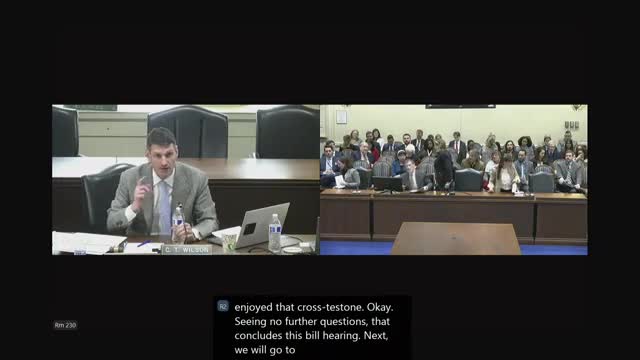Article not found
This article is no longer available. But don't worry—we've gathered other articles that discuss the same topic.
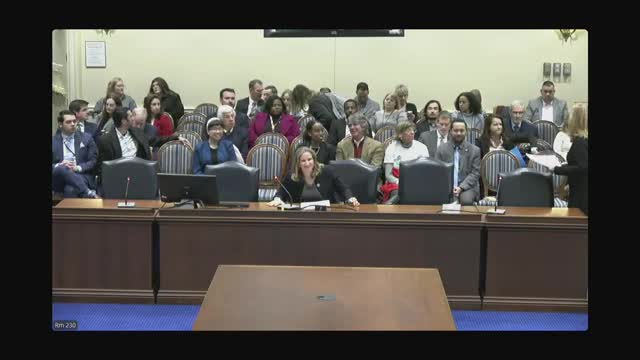
Bill would require Maryland utilities to disclose how they vote in PJM stakeholder subcommittees
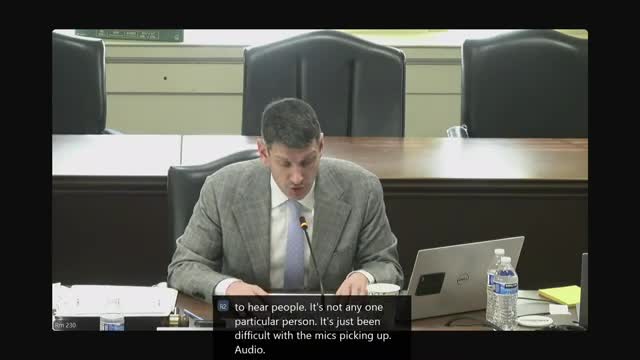
Sponsor seeks one‑time assessment on largest fossil‑fuel emitters to fund Maryland climate damages
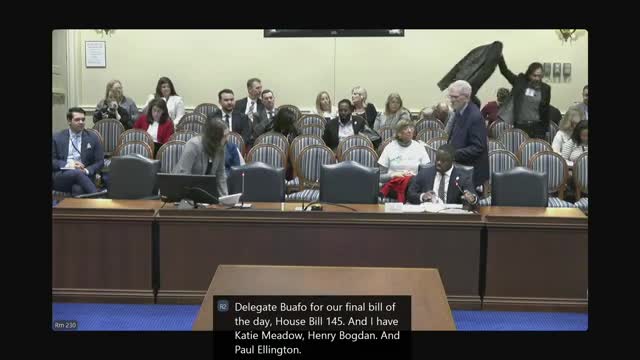
Bill would create revolving loan program to help Maryland nonprofits finance clean‑energy upgrades
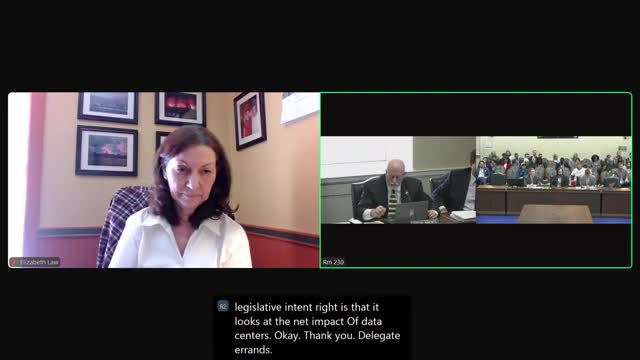
Bill would boost eminent‑domain compensation for farmland taken for infrastructure projects
